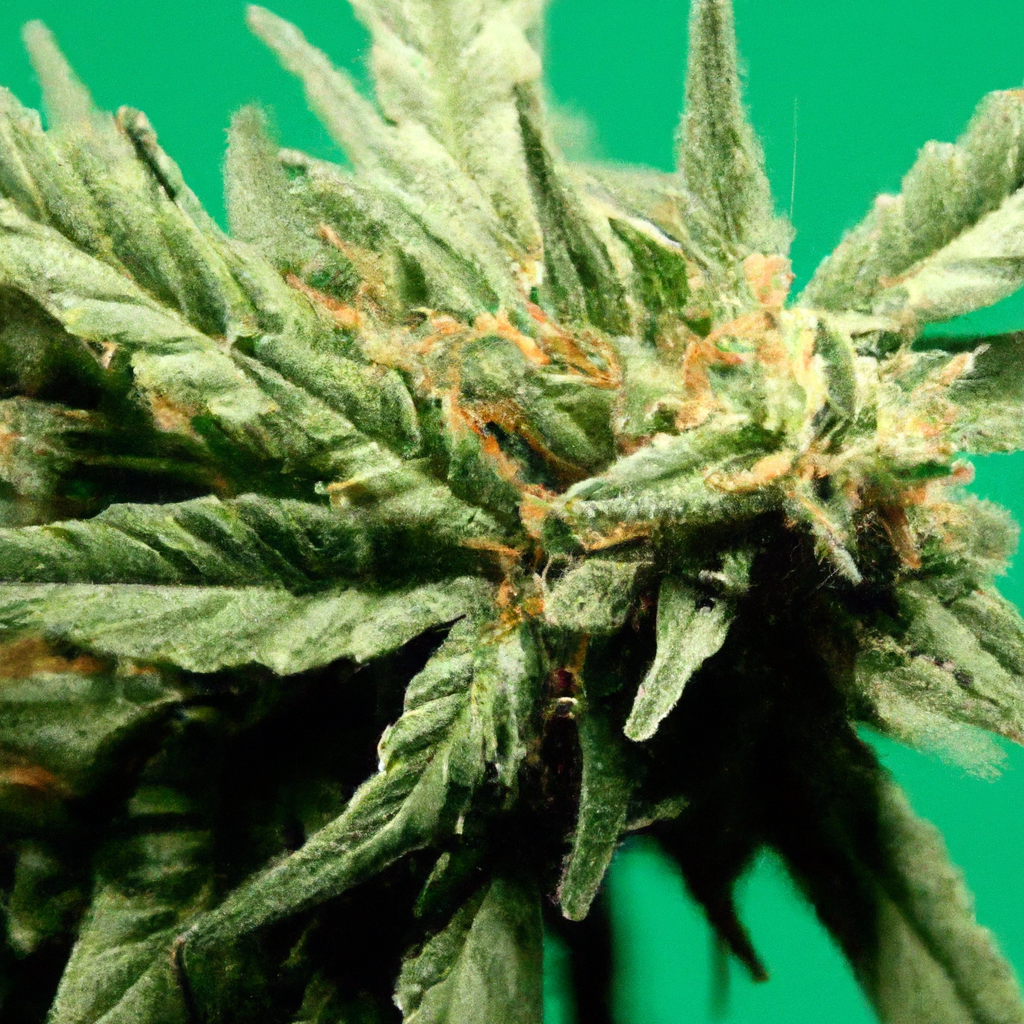Your cart is currently empty!
Introduction
Cannabis has long been celebrated for its multifaceted benefits, spanning medical, recreational, and now neurological realms. Recent scientific research highlights cannabis’s intriguing effects on neuroplasticity—the brain’s ability to reorganize itself by forming new neural connections. This article delves into how cannabis potentially influences neuroplasticity and what this means for mental health and recovery.
Understanding Neuroplasticity
Neuroplasticity is the brain’s incredible ability to adapt and change throughout an individual’s life. It involves the strengthening of existing neural connections and the formation of new ones, allowing for improved learning, memory, and recovery from brain injury. Understanding how substances like cannabis interact with neuroplasticity can unlock new therapeutic possibilities.
The Science Behind Cannabis and Brain Health
- Cannabinoid Receptors: The endocannabinoid system plays a vital role in regulating brain plasticity. Cannabis components like THC and CBD interact with cannabinoid receptors (CB1 and CB2), influencing neural plasticity.
- Neurogenesis Stimulation: Studies suggest that cannabis can stimulate neurogenesis, particularly in the hippocampus, the brain region associated with learning and memory.
- Reduction of Brain Inflammation: Cannabis’s anti-inflammatory properties may reduce oxidative stress, aiding in neural repair and boosting neuroplasticity.
Potential Benefits and Applications
The impacts of cannabis on neuroplasticity have significant potential applications:
- Mental Health Improvement: Cannabis might be used to treat conditions like depression, anxiety, and PTSD by modulating brain plasticity and promoting healthier neural pathways.
- Rehabilitation and Recovery: Enhanced neuroplasticity can help in cognitive recovery after traumatic brain injuries or strokes, offering a new avenue for rehabilitation strategies.
- Cognitive Development: Carefully regulated cannabis use might aid in cognitive enhancements and development, benefiting educational and creative endeavors.


Leave a Reply